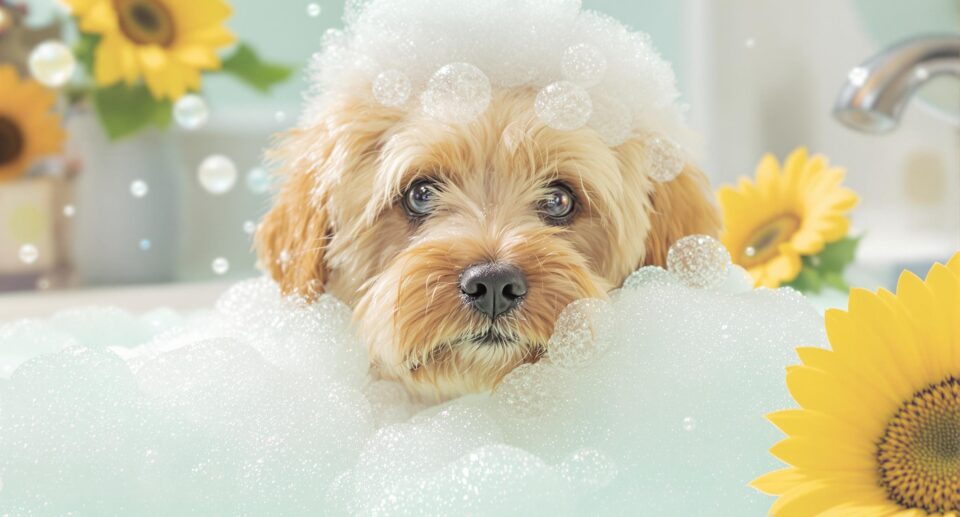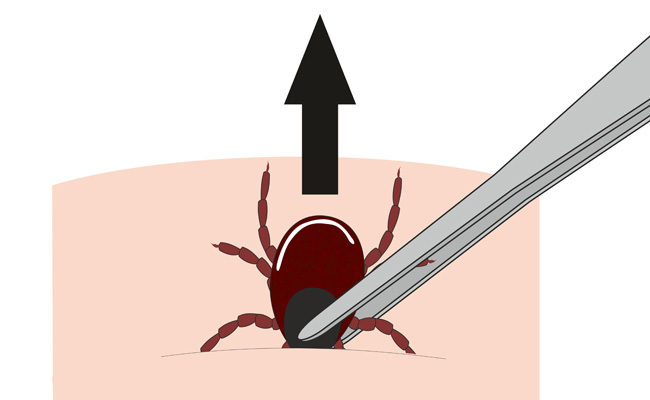HyLyt FAQ

What is a hydrating shampoo?
A hydrating shampoo contains ingredients designed to keep water in the skin, helping to maintain its soft, smooth texture. There are a variety of ingredients that support skin hydration including fatty acids, colloidal oatmeal, and oils. These shampoos typically lather well and often are formulated with a pleasant smell. Shampoos used for grooming, routine bathing, or dry, flaky skin contain hydrating ingredients.
Are there any concerns that I should be aware of when shampooing my pet?
It is important to use luke-warm water when bathing pets. Water that is too hot can burn or irritate skin causing pain; water that is too cold can lower body temperature, causing shivering and potentially hypothermia. Additionally, shampoo should not come in contact with the eyes and ears. If shampooing by the head, it is best to cover the dog’s eyes and ears with a hand while rinsing toward the tail. Blow dryers are not ideal as they can dry out the skin and cause irritation.
What is a soap-free shampoo?
Soap-free shampoo is a term used to describe shampoos that use soaps derived from synthetic ingredients as opposed to soaps derived from animal fat. Products containing soaps from animal fat are typically too powerful for pets, as they tend to wash off valuable skin oils and the uppermost layer of skin cells. This is called stripping, which can leave a pet’s coat dry and irritated.
Can I use my shampoo on my dog?
This is not recommended for a variety of reasons. Most importantly, the skin pH of a dog is not the same as that of a human. Human products are formulated for use on more acidic skin (pH around 5), whereas dog products are generally formulated for use on more pH neutral skin (pH around 7). When human products are used on a dog, they can dry out the skin and can cause irritation.
How do I know if my pet has dry skin?
Dry skin is common among our pets and can happen from a number of reasons including the time of year, allergies, or other underlying metabolic conditions. Dry skin will often have a rough texture and feel brittle; an owner may notice increased dander or skin cells flaking off. Additionally, the coat may appear dull and have areas of patchy hair loss. Dry skin can also cause itchiness. Shampoo therapy can benefit dry, flaky skin by providing nutrients, lipids, and moisture that will help keep the skin soft and supple.
Is there anything I can apply to my dog’s coat after a shampoo treatment?
While not as well-known, leave-on rinse products are a great way to promote skin health and coat quality, especially on dogs or cats with dry or sensitive skin. They are best utilized after a bath, (either routine or medicated shampoo), when the shampoo has been thoroughly rinsed off and the coat is still wet. Once applied, rinses are worked into the skin and coat and not washed off. They make the skin and coat more manageable, prevent tangles, snarls, and matting, as well as promote coat luster and sheen.
I have a hard time bathing my dog/cat. Are there any products that I can use to help my itchy pet besides an anti-itch shampoo?
Topical sprays can be an effective option for pets suffering from dry, itchy skin since they offer more application flexibility than shampoos. They can be used on pets that are difficult to bathe and applied over the whole body or in a targeted approach on localized spots, such as tops of paws or the base of the tail. These sprays typically offer ingredients that help moisturize the skin and relieve itching while prolonging contact time.





